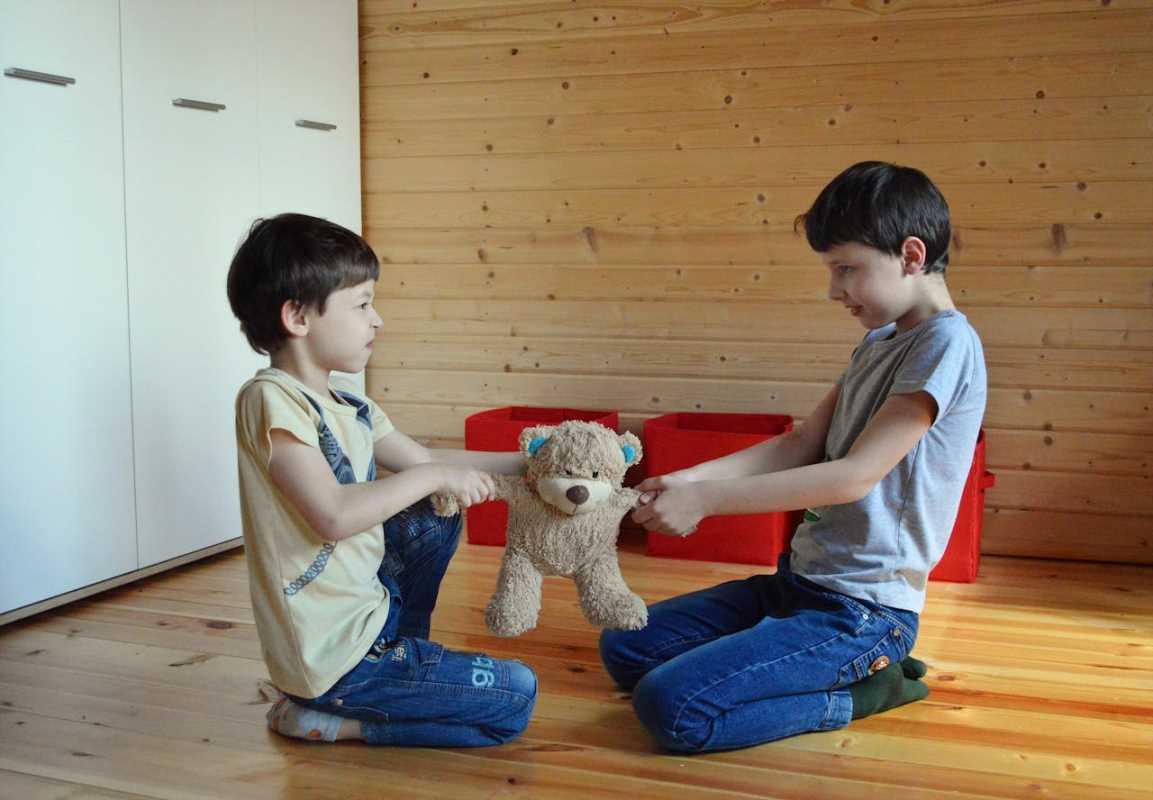Balancing family schedules can feel like assembling a puzzle with constantly shifting pieces. With everyone juggling work, school, and personal activities, it’s easy for disagreements to arise. However, a harmonious approach to schedule management ensures that everyone’s needs are met without unnecessary tension. By implementing clear communication, fairness, and thoughtful planning, families can work together to create a system that works for all. This article dives into practical strategies to help you negotiate family schedules effectively while keeping the peace.
Establishing a Foundation of Open Communication
Productive schedule negotiations start with open, honest communication. Setting the stage for a respectful conversation helps everyone feel included and valued.
- Host Family Meetings: Gather everyone together to discuss schedules and priorities in one focused setting. For example, use Sunday evenings to plan the upcoming week. Start the meeting with, "Let's work as a team to figure out how we can make the week go smoothly for everyone."
- Encourage Input: Ask each family member for their thoughts and commitments. Even younger children should feel empowered to voice their needs. This shows that everyone’s schedule is important and builds a sense of collaboration.
- Clarify Priorities: Not all activities carry the same weight. Help the family agree on non-negotiable commitments, like school or work, versus more flexible plans like social outings. Saying, "Let's prioritize what’s most important first," can frame the conversation positively.
Good communication is the backbone of successful scheduling. When everyone feels heard, it’s easier to find solutions that accommodate the entire family.
Creating a Visual Schedule
A central, visual schedule helps families stay organized and reduces confusion. Putting everything in one place offers clarity and helps avoid conflicts caused by forgotten or overlapping plans.
- Use a Shared Calendar: A wall calendar, planner, or digital app can keep track of family commitments. Apps like Google Calendar allow for syncing across devices, making it easy to stay updated. Add recurring events like practice sessions or weekly meals to save time.
- Color-Code for Clarity: Assign different colors to each family member to make the schedule more visually appealing and easier to read. Blue could indicate a parent’s work deadlines, while green marks a child’s soccer games.
- Include Buffer Time: Avoid packing the schedule too tightly. Plan buffer time between commitments, especially if transitions involve travel. For instance, allow for a 15-minute break after school before starting homework.
This structured approach not only reduces scheduling chaos but also helps the family stay accountable to their commitments.
Setting Clear Expectations
Conflict often arises from unmet expectations. Clearly defining responsibilities and limitations ensures everyone knows what’s expected, removing the guesswork.
- Divide Responsibilities: Assign specific roles for managing tasks or events. For example, parents might oversee transportation logistics, while teenagers organize extracurricular activities.
- Be Transparent About Limitations: Honesty about time and energy constraints is key to managing expectations. Saying, "I can help with school drop-off, but I need help with evening pick-ups," helps share the workload fairly.
- Discuss Trade-Offs: Choices may need to be made when schedules clash. Encourage family members to consider alternatives. For example, attending one event may mean skipping another. Phrasing it as, "How can we compromise here so everyone gets what they need?" keeps the focus on cooperation.
With clear expectations, families can minimize misunderstandings and foster a sense of teamwork in managing busy schedules.
Practicing Flexibility and Problem-Solving
No plan is perfect, so schedules may sometimes need to adapt. Practicing flexibility and creative problem-solving prevents minor hiccups from escalating into larger conflicts.
- Remain Solution-Oriented: Focus on finding workable alternatives rather than pointing fingers. If a carpool plan unexpectedly falls through, respond with, "What’s the quickest way to solve this together?" rather than assigning blame.
- Prepare for Changes: Build contingency plans into the family schedule. For instance, designate a backup babysitter or plan carpool rotations if one parent becomes unavailable.
- Acknowledge Effort: Offer praise when family members step up or adapt to changes. Saying, "Thanks for being flexible about moving your plans," encourages a positive attitude toward problem-solving.
Flexibility ensures that the family can roll with challenges while maintaining harmony and mutual support.
Navigating Common Scheduling Conflicts
Certain scenarios are especially prone to causing arguments, but they can be handled constructively if approached thoughtfully.
- Conflicting Priorities: Choose which activity takes precedence through open discussions. Use questions like, "What feels most important to you in this situation?" to guide decision-making.
- Overbooked Schedules: Avoid overwhelm by cutting back on non-essential activities. Together, evaluate the family’s capacity and decide on a manageable pace.
- Last-Minute Changes: Manage sudden changes by keeping communication open. If a schedule shift can’t be avoided, explain the circumstances and work together to adjust the plan.
Handling challenges with empathy and cooperation ensures scheduling disagreements remain minor.
Strengthening Family Bonds Through Collaboration
Negotiating schedules isn’t just about logistics—it’s also an opportunity to build stronger family connections. Turning this process into a collaborative effort helps reinforce mutual respect and shared goals.
- Celebrate Wins Together: Take a moment to recognize successful weeks. Saying, "We did a great job coordinating everything this week," encourages teamwork for future planning.
- Make Space for Quality Time: Amid busy schedules, don’t lose sight of moments that bring the family closer. Carve out time for shared meals, game nights, or weekend outings to strengthen emotional bonds.
- Learn as a Team: Reflecting on what worked and what didn’t improves future planning. Ask questions like, "What could we do differently next week?" to cultivate a growth-oriented mindset.
Collaborative scheduling ensures that families not only balance tasks but also build an environment of trust and cooperation.
 (Image via
(Image via





